Search Results
Showing results 421 to 440 of 636

Size, Scale and Models
Source Institutions
In this activity, learners take measurements and create charts to learn about the size of dinosaurs and their relative scale to humans.

Building a Magic Carpet
Source Institutions
In this activity (page 89 of the PDF), learners compare and contrast pitch and roll motions by using a Magic Carpet maze similar to one that was used for Neurolab investigations about microgravity.

Measurement: Bubble Mania
Source Institutions
In this math lesson, learners practice measurement skills as they examine a soap bubble print. Learners follow a recipe to make a soap bubble solution.

Can Nutrients in Water Cause Harm?
Source Institutions
In this water pollution activity, learners create pond water cultures and investigate the effects of adding chemicals or natural nutrients.

Racing with the Sun: Creating a Solar Car
Source Institutions
Learners use engineering design principles to construct and test a fully solar-powered car. Solar car kits usually include a photovoltaic cell and motor; some include a chassis as well.
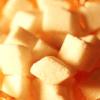
Sugar Crystal Challenge
Source Institutions
This lesson focuses on surface area and how the shape of sugar crystals may differ as they are grown from sugars of different coarseness.
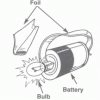
Bright Lights
Source Institutions
In this activity about electricity, learners imagine that they are out in the wilderness and it is getting dark. Their task is to use the materials supplied to build a simple flashlight.
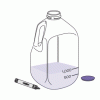
Lungometer
Source Institutions
In this environmental health activity, learners investigate their own vital lung capacities.
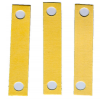
Patterns and Relationships: Struts 'n Stuff
Source Institutions
In this math lesson, learners identify the relationship between the number of sides in a regular polygon and the number of struts needed to make each polygon rigid.

Patterns and Relationships: The Magic Box
Source Institutions
In this math lesson, learners participate in a variety of activities that give them experience in recognizing, describing, and extending repeating and arithmetic patterns.
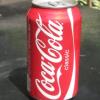
Hot Cans and Cold Cans
Source Institutions
Learners apply their knowledge of heat transfer to design two cans - one that will retain heat and one that will cool down quickly.
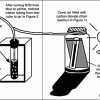
How Greenhouse Gases Absorb Heat
Source Institutions
Learners observe two model atmospheres -- one with normal atmospheric composition and another with an elevated concentration of carbon dioxide.

Measure the Pressure II: The "Dry" Barometer
Source Institutions
In this activity, learners use simple items to construct a device for indicating air pressure changes.
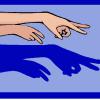
Shadow Puppets
Source Institutions
In this activity, learners explore color, light and shadow by creating their own puppets to hold in front of a light source.
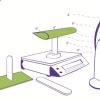
Airplane Wing Investigation
Source Institutions
This activity (located on page 3 of the PDF under GPS: Balloon Fiesta Activity) is a full inquiry investigation into Bernoulli’s principle and airplane wings.
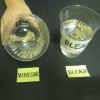
Bone Basics
Source Institutions
This is an activity (on page 2 of the PDF under Bone Regrowth Activity) about the two main components of bone - collagen and minerals (like calcium) - and how they each contribute to its flexibility a
Magic Turtle Squares
Source Institutions
In this math activity, learners create a magic turtle where all the rows, columns and diagonals add up to fifteen.

The Carbon Cycle: Carbon Tracker
Source Institutions
In this activity, learners play NOAA's Carbon Tracker game and discover ways to keep track of carbon dioxide and other greenhouse gases in the world.
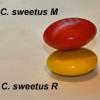
Survival of the Fittest: Variations in the Clam Species Clamys sweetus
Source Institutions
This guided inquiry three-part activity engages learners in thinking about the mechanism of natural selection by encouraging them to formulate questions that can be answered through scientific investi
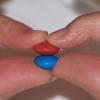
Survival of the Fittest: Battling Beetles
Source Institutions
This guided inquiry three-part activity engages learners in thinking about the mechanism of natural selection through data collection and pattern recognition.
